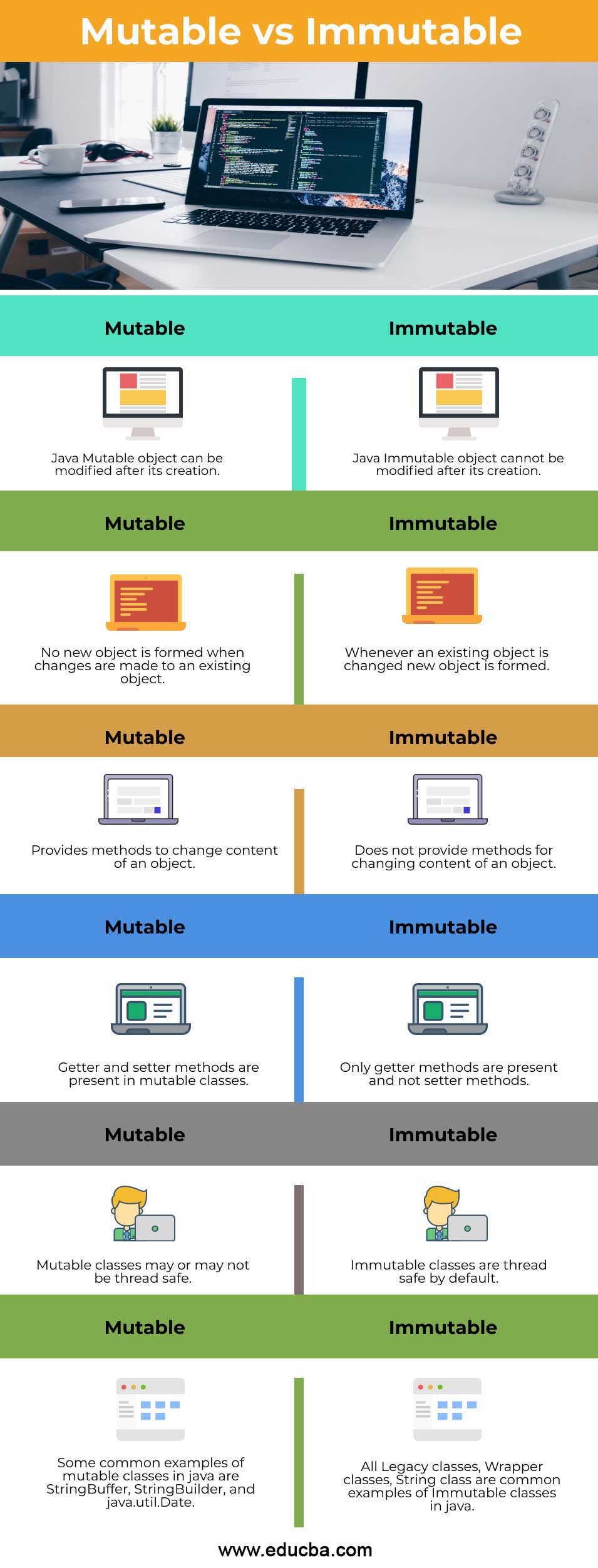Why Are Strings Immutable in Java? Insights right into Memory Performance
Why Are Strings Immutable in Java? Insights right into Memory Performance
Blog Article
What Is Immutable Strings and Just How It Works
In the realm of programs, comprehending the principle of unalterable strings is extremely important for creating durable and safe and secure applications. Unalterable strings describe strings that can not be altered after they are created, guaranteeing data honesty and predictability within the code. This basic principle plays a vital function in different programs languages and supplies an one-of-a-kind method to handling information. By exploring the intricacies of exactly how immutable strings work, one can discover a globe of advantages and opportunities that can boost the top quality and effectiveness of software program development.
The Essentials of Immutable Strings
Unalterable strings, as a fundamental idea in programming, are character series that can not be changed as soon as they are developed. This suggests that when a string is appointed a value, that worth can not be altered. In languages like Python and Java, strings are immutable items, leading to different implications in regards to memory administration and information honesty.
One of the vital benefits of immutable strings is that they offer a sense of security in data adjustment. Because the web content of an immutable string can not be customized, it ensures that the original information remains intact, decreasing the threat of unplanned changes during program implementation (Why are strings immutable in Java?). This residential property also streamlines debugging processes, as programmers can trust that as soon as a string is defined, its value will not be inadvertently changed
When a new string is produced based on an existing one, instead than customizing the original string, the brand-new worth is saved independently. Overall, understanding the fundamentals of unalterable strings is important for understanding shows principles and enhancing code effectiveness.
Benefits of Unalterable Strings
Building upon the security and performance advantages of unalterable strings, their benefits encompass enhancing code reliability and streamlining simultaneous shows jobs. By being immutable, strings can not be customized after development, which removes the danger of unexpected modifications in the information they save. This fundamental immutability makes sure that when a string is produced, its worth stays continuous throughout the program's execution, minimizing the opportunities of insects brought on by unforeseen modifications.
Furthermore, immutable strings add to code integrity by making it much easier to reason concerning the state of a program. Given that strings can not be changed, designers can rely on that a string will constantly hold the exact same value, streamlining debugging and upkeep initiatives. This predictability causes a lot more steady and dependable codebases.

Application in Shows Languages
Within different programming languages, the incorporation of unalterable strings is an essential aspect that affects just how data is handled and controlled within code structures. The execution of immutable strings differs across various shows languages, with each language providing its own devices to support this principle.

On the other hand, languages like C and C++ do not have built-in support for unalterable strings. Designers in these languages need to by hand implement immutability by enforcing regulations within their code to stop direct alterations to string objects.
Ideal Practices for Dealing With Unalterable Strings
When managing unalterable strings in programs languages like Java and Python, sticking to ideal practices makes sure safe and reliable information manipulation. One of the vital finest techniques is my blog to make use of StringBuilder or StringBuffer rather of straight adjusting strings, particularly when managing substantial concatenation procedures. These classes provide mutable options for string adjustment, aiding to prevent unneeded memory allowances and boosting efficiency.
One more finest technique is to use string interpolation or formatting functions offered by the language instead of hands-on concatenation. This not just enhances readability however additionally help in avoiding usual risks such as unintended string alterations. Furthermore, when dealing with find delicate information such as passwords or API tricks, it is essential to avoid saving them as simple message in unalterable strings. Utilizing safe and secure storage space mechanisms like char arrays or specialized libraries for handling delicate details assists minimize security threats connected with immutable strings.
Real-world Applications and Instances
Discovering functional applications of unalterable strings in different markets reveals their substantial influence on data honesty and system integrity. In the health care market, immutable strings play a crucial role in making certain the protection and privacy of individual data. By avoiding unapproved modifications to sensitive info such as clinical records and prescriptions, unalterable strings assist maintain conformity with rigorous personal privacy regulations like HIPAA.
Economic institutions likewise profit from the unalterable nature of strings to improve the security of consumer data and deal documents. Immutable strings aid protect against fraud and unapproved changes to financial details, offering a durable protection against cyber threats and making certain the count on and confidence of customers.

Conclusion
Ideal practices for working with unalterable strings consist of preventing straight alterations and using approaches that return new string objects. Real-world applications of unalterable strings consist of information encryption, caching, and string control jobs.
Immutable strings refer to strings that can not be altered after they are produced, ensuring information stability and predictability within the code. When a brand-new string is produced based on an existing one, rather than modifying the initial string, the brand-new worth is saved independently.In languages like Java and Python, strings are immutable by default, suggesting that once a string object is created, its value can not be altered - Why are strings immutable in Java?. Finest methods for functioning with unalterable strings consist of preventing straight alterations and using techniques that return new string objects. Real-world applications of unalterable strings include data security, caching, and string adjustment jobs
Report this page